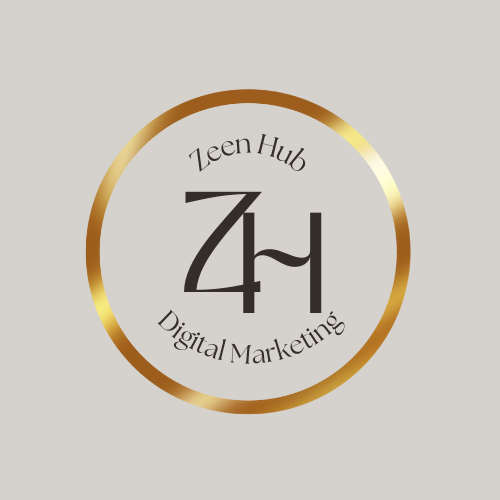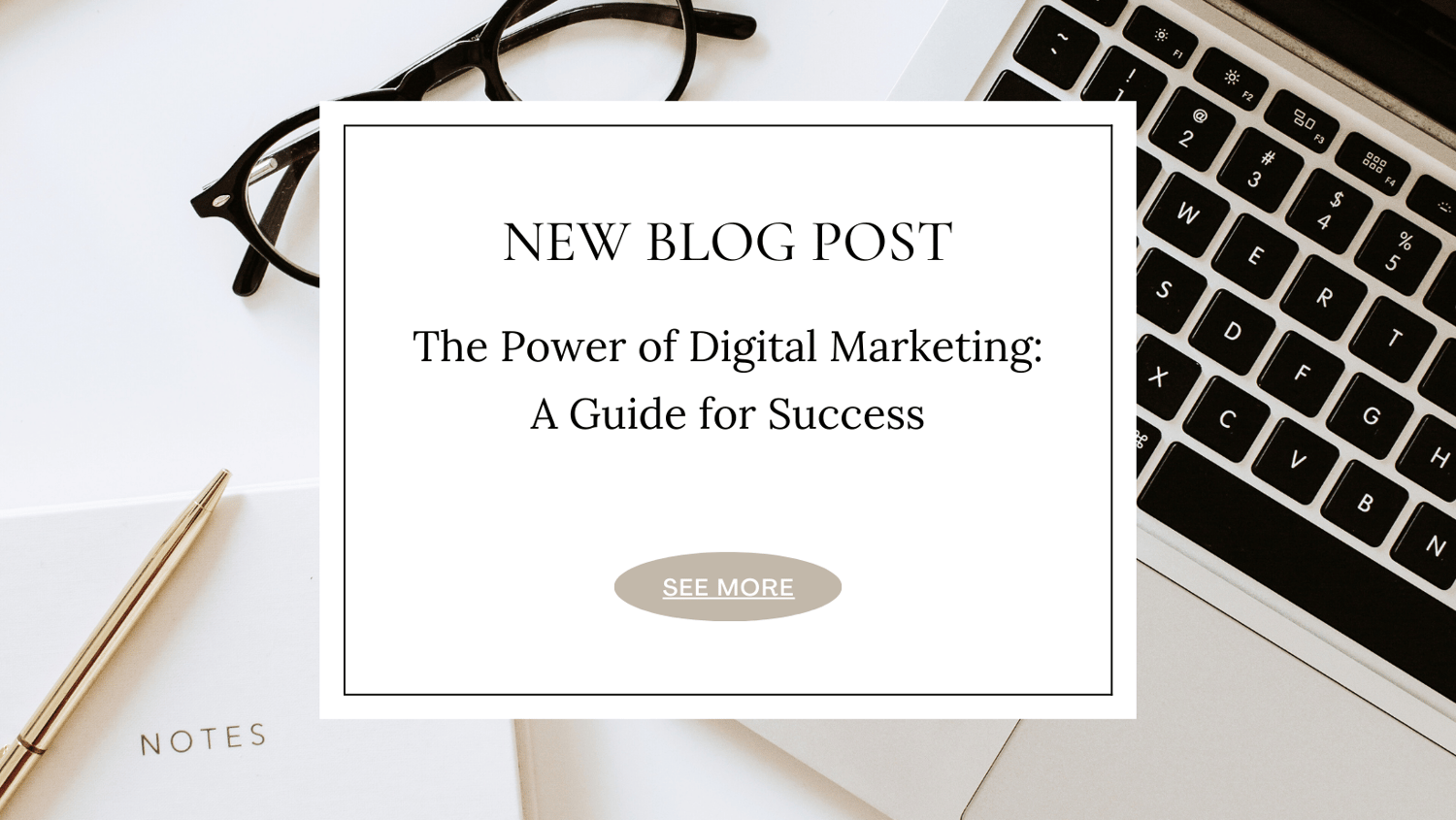In today's fast-paced digital world, the landscape of marketing has evolved significantly. Traditional methods are no longer sufficient to reach and engage with your audience effectively. Enter digital marketing – a powerful tool that can propel your business to new heights. But what exactly is digital marketing, and how can you harness its power to grow your brand? Let's dive in and explore the ins and outs of this dynamic strategy.
1. What is Digital Marketing?
Digital marketing encompasses all marketing efforts that utilize electronic devices and the internet. It's a broad term that includes various strategies and tactics aimed at reaching and engaging with target audiences online. From social media marketing to email campaigns, digital marketing offers a plethora of avenues for businesses to connect with consumers in the digital sphere.
2. The Components of Digital Marketing
Digital marketing consists of several key components, each playing a crucial role in the success of your overall strategy:
- Search Engine Optimization (SEO)
SEO is the process of optimizing your website to rank higher in search engine results pages (SERPs). By improving your site's visibility, you can attract more organic traffic and increase your chances of conversion.
- Social Media Marketing
Social media platforms provide a unique opportunity to interact with your audience on a personal level. Through compelling content and active engagement, you can build brand awareness, foster customer loyalty, and drive traffic to your website.
- Content Marketing
Content is king in the digital realm. Whether it's blog posts, videos, or infographics, creating valuable and relevant content can help position your brand as an authority in your industry and attract potential customers.
- Email Marketing
Email remains one of the most effective channels for nurturing leads and converting prospects into customers. With targeted email campaigns, you can deliver personalized messages directly to your audience's inbox, driving engagement and sales.
3. The Importance of a Strong Online Presence
In today's digitally-driven world, having a strong online presence is essential for business success. Your website serves as the virtual storefront for your brand, and it's often the first point of contact for potential customers. By establishing a professional and user-friendly website, you can make a lasting impression and instill trust in your audience.
4. Crafting Compelling Content
Content lies at the heart of digital marketing. Whether you're writing blog posts, creating videos, or designing graphics, the key is to provide value to your audience. By addressing their pain points, answering their questions, and entertaining them, you can capture their attention and keep them coming back for more.
5. Leveraging Social Media Platforms
Social media has revolutionized the way we connect and communicate with one another. As a business, it's essential to leverage these platforms to engage with your audience effectively. From Facebook and Instagram to Twitter and LinkedIn, each platform offers unique opportunities to showcase your brand personality and connect with your target demographic.
6. Search Engine Optimization (SEO)
SEO plays a vital role in ensuring your website ranks prominently in search engine results. By optimizing your site's content, structure, and performance, you can improve its visibility and drive organic traffic. From keyword research to on-page optimization, SEO encompasses a range of strategies aimed at boosting your site's search engine rankings.
7. Pay-Per-Click (PPC) Advertising
PPC advertising allows you to bid for ad placement in search engine results and on various websites. With PPC campaigns, you only pay when a user clicks on your ad, making it a cost-effective way to drive targeted traffic to your website. By carefully targeting your ads and optimizing your campaigns, you can maximize your ROI and generate leads and sales.
8. Email Marketing: The Power of Personalization
Email marketing remains one of the most effective tools for nurturing leads and driving conversions. By segmenting your audience and delivering personalized content, you can create tailored experiences that resonate with your subscribers. From welcome emails to abandoned cart reminders, email marketing allows you to stay top-of-mind and drive action from your audience.
9. Analyzing and Optimizing Campaigns
One of the key advantages of digital marketing is the ability to track and measure your results in real time. By analyzing key metrics such as website traffic, engagement rates, and conversion rates, you can gain valuable insights into the effectiveness of your campaigns. With this data in hand, you can make informed decisions and optimize your strategy for maximum impact.
10. The Future of Digital Marketing
As technology continues to evolve, so too will the field of digital marketing. From AI-driven personalization to immersive augmented reality experiences, the possibilities are endless. By staying ahead of the curve and embracing emerging trends, you can future-proof your marketing strategy and continue to drive success for your business.
Conclusion
In conclusion, digital marketing offers a wealth of opportunities for businesses to reach and engage with their target audience in the digital realm. By leveraging the power of SEO, social media, content marketing, and more, you can elevate your brand and drive meaningful results. Embrace the digital landscape, experiment with different strategies, and always keep the needs and preferences of your audience front and center.
Frequently Asked Questions (FAQs)
1. What are the benefits of digital marketing?
Digital marketing offers numerous benefits, including increased brand awareness, improved customer engagement, and higher conversion rates. By leveraging digital channels, businesses can reach a larger audience and drive measurable results.
2. How can I measure the success of my digital marketing campaigns?
There are various metrics you can use to measure the success of your digital marketing campaigns, including website traffic, engagement rates, conversion rates, and ROI. By tracking these metrics over time, you can gauge the effectiveness of your efforts and make data-driven decisions to optimize your strategy.
3. Is digital marketing suitable for all businesses?
Yes, digital marketing can benefit businesses of all sizes and industries. Whether you're a small local shop or a multinational corporation, digital marketing offers a cost-effective way to reach and engage with your target audience online.
4. What are some common digital marketing mistakes to avoid?
Some common digital marketing mistakes to avoid include neglecting your website's SEO, failing to target the right audience, and not measuring your results. It's essential to have a well-rounded strategy and continually evaluate and refine your approach to ensure success.
5. How can I get started with digital marketing?
To get started with digital marketing, identify your goals, target audience, and budget. From there, you can create a comprehensive strategy that incorporates various digital channels and tactics tailored to your specific needs. Don



Comments ()